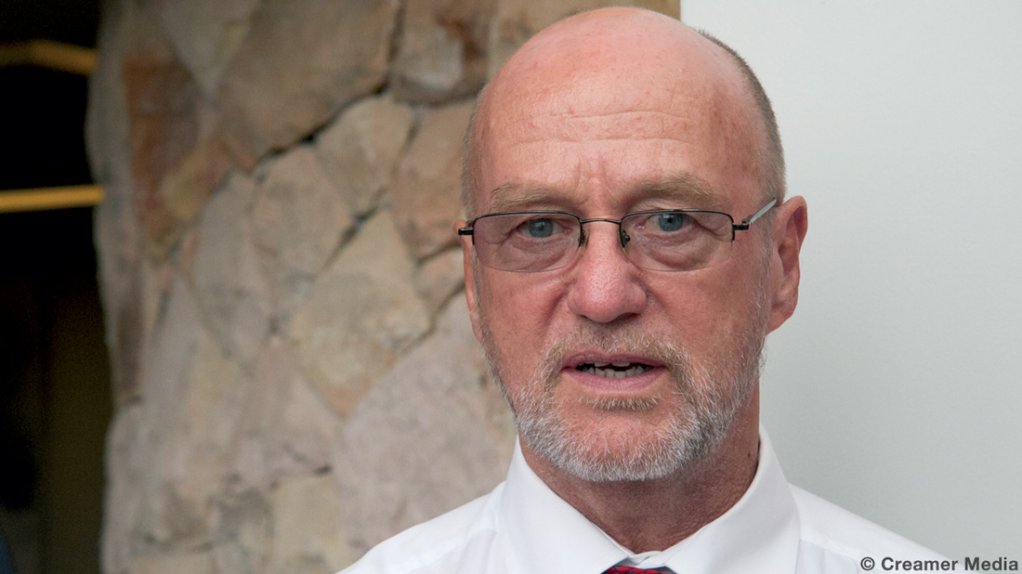The Department of Science and Technology (DST) on Tuesday launched the South African Bio-economy Strategy, positioning bio-innovation as essential to the achievement of government’s industrial and social development goals.
This science-based Bio-economy Strategy, which had been approved by Cabinet in November, would replace the National Biotechnology Strategy, which had been in place since 2001, creating an enabling environment that would allow government departments, industry, venture capital firms and other stakeholders to move forward with initiatives to meet the challenges and embrace the opportunities of the future.
“The bio-economy concept is much broader [than that of the biotechnology strategy], looking at the entire value chain in a range of areas of possibility and opportunity, in response to South Africa’s priority areas of need,” Science and Technology Minister Derek Hanekom said at the launch.
Also speaking at the launch, DST health innovation director Gloudina Loots explained that, through the Bio-economy Strategy, bio-innovation would be used to generate sustainable economic, social and environmental development, adding that the DST was aiming to have biotechnology make up 5% of the country’s gross domestic product by 2050.
She explained that the strategy focused on three sectors namely agriculture, health and industrial applications, adding that it was also closely linked to other policies such as the Industrial Policy Action Plan, the National Development Plan and the New Growth Path.
Loots explained that South Africa was faced with various challenges that could be overcome through biotechnology in the three key focus areas, such as a burden of disease, the need to revitalise certain labour-intensive industries, and climate change.
Hanekom further stated that, while the DST would lead the implementation of the strategy, other departments, such as the departments of Trade and Industry, Health and Agriculture would also be involved.
He further pointed out that the strategy was fully supported by the ruling party, stating that “government is truly committed to extracting the maximum possible value from the country’s scientific economy”.
Meanwhile, DST bio-innovation chief director Ben Durham stated that the launch of the strategy was only the beginning and that there was still “an enormous amount of work” left to do.
Hanekom supported this, stating that “the Bio-economy Strategy helps to focus the mind”, but that it was in no way the end of the process.
Durham explained that, going forward, in line with the strategy, coordination committees would be established to ensure that not only academic interests were considered with regard to biotechnology, but that economic aspects and ways in which the technology could be used to deal with the country’s challenges were also taken into account.
Further, a draft implementation plan for the strategy would also be created, he said, adding that this was expected to be completed by August, after which it would be passed through the DST and National Treasury’s processes.
Loots also noted that there were currently some regulations that did not support the Bio-economy Strategy, stating that these would have to be dealt with in such a way that the people of the country were still protected, but without hampering development.
EMAIL THIS ARTICLE SAVE THIS ARTICLE
To subscribe email subscriptions@creamermedia.co.za or click here
To advertise email advertising@creamermedia.co.za or click here











